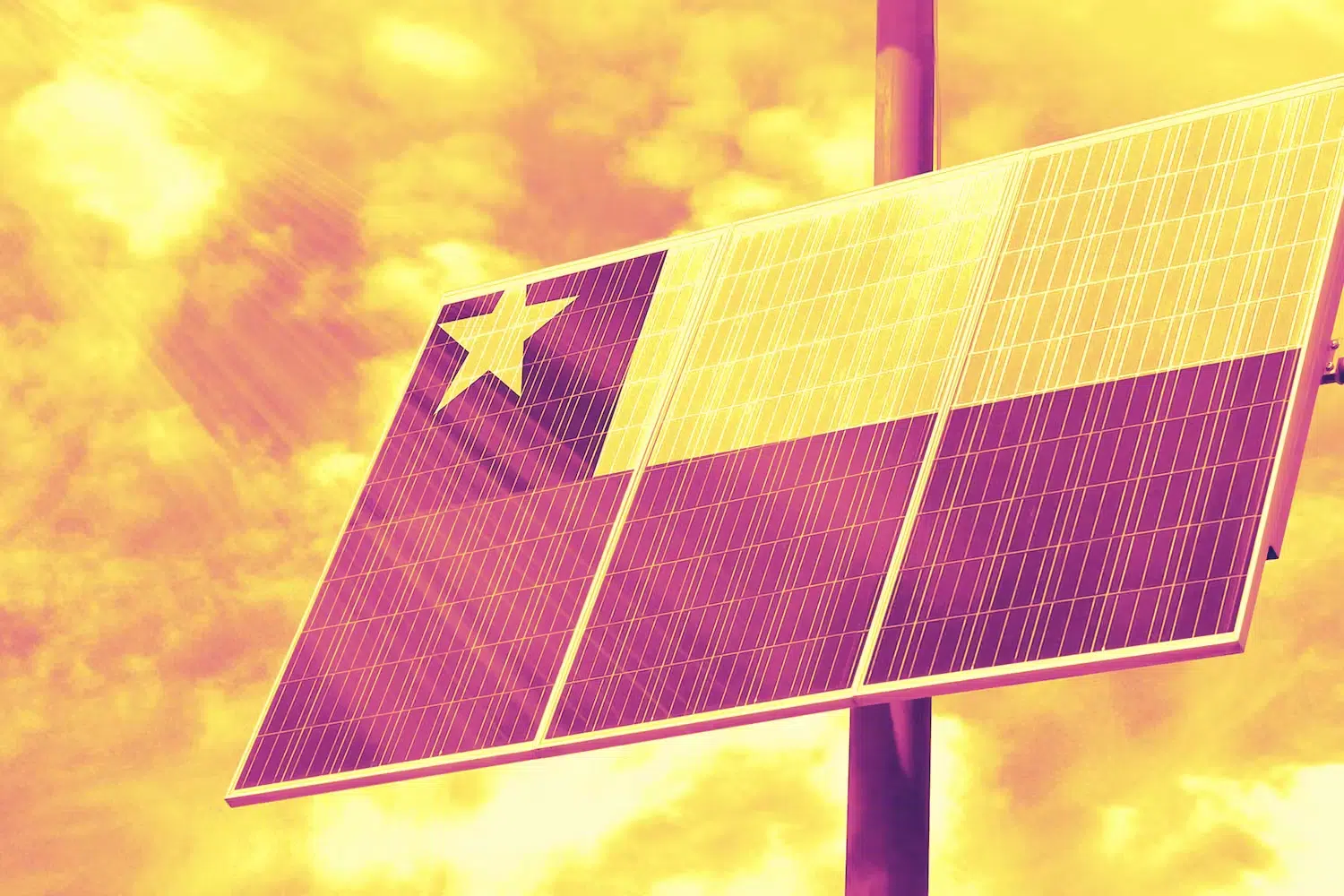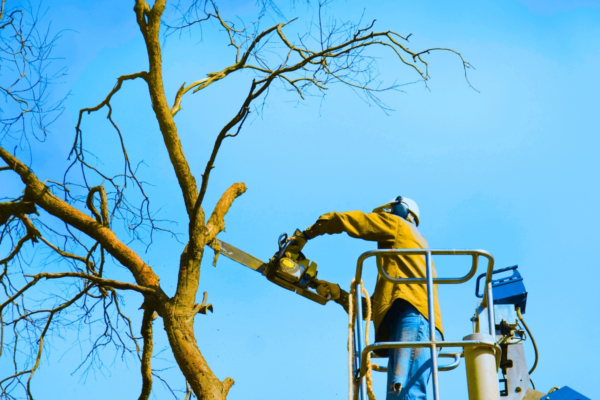
Paying for Solar Panels in Texas: Everything You Need To Know

Homeowners are curious about solar panels for a lot of different reasons. Some are looking to cut electricity bills, some are looking for a way to combat climate change or cut down on fossil fuel usage. Solar power is an exciting innovation, and it can be overwhelming to look at all of the options available today. Because solar panels are a substantial financial commitment, it’s important to research as much as possible before buying. Read on to learn more about solar panels in Texas.
How Do Solar Panels Work?
There are two primary technologies used for solar panels.
The first is the one you are probably most familiar with—photovoltaics, or PV. Solar PV systems are the panels you see on rooftops or in fields. When the sun shines onto these panels, the cells in the panel absorb photons from the sunlight, which creates an electric field across the layers, causing electricity to flow.
The second technology is concentrating solar power, or CSP. This technology is used in large power plants and is not suitable for installment on an individual piece of property. CSP uses mirrors to reflect and concentrate sunlight onto receivers that collect the solar energy and convert it to heat. This heat can then be used to produce electricity.
Learn More About Home Equity Loans
Looking to finance your solar panel project? We’ve got home equity solutions for you!
Is Your Home Suited for Solar Panels?
Most solar panels are built to work in all climates, but some rooftops are more optimized for solar panels than others.
- If there are trees near your home that create an excessive shade cover over your roof, solar panels may not be the most ideal option.
- Another important factor to consider is the size of your roof. Can it support the number of solar panels needed?
- What shape is your roof? This will determine which panels you can buy.
- Believe it or not, even the slope of your roof needs to be considered! Solar panels perform best on south facing roofs with a slope between 15 and 40 degrees.
- You should also consider the age of your roof before you invest heavily in solar panels. You don’t want to install solar panels only to have to replace your roof five years later.
If your roof is not suitable for solar panels, or you don’t own a home, you can still benefit from solar energy through community solar, which allows multiple residencies to benefit from a shared array of solar panels that can be installed on or off-site.
Solar Panels in Texas
Did you know that residential electric bills in Texas are almost 20% higher than the national average? This alone is a good incentive to going solar in Texas.
There are a variety of incentives for going solar, including the Federal Solar Investment Tax Credit (ITC), which is a 26% federal solar tax credit that is available for a purchased Texas home solar system installed by December 31, 2022. The TXU Energy Renewable Buyback Plan offers bill credits for any excess solar power a home solar panel installation creates. And the Solar Energy System Property Tax Exemption is a property tax exemption on the added home value from the installed solar panels in Texas.
Will You Save Money with Solar Panels?
There are several factors that determine how much money you can save with solar panels. It depends on how much electricity you use, the size of your solar energy system, whether you buy or lease your system, how much power your system can generate given how much sunlight hits your roof, and more.
The savings also depend on the electricity rates set by your existing utility company, and how much you will be compensated for any excess solar energy you send back to the grid.
All things said, however, the solar panel cost, including the cost of installation, has dropped every year since 2009, and researchers expect that trend to continue.
Financing Solar Panels
Cash Purchase
Purchasing solar panel systems with cash is the best way to maximize savings. If your system is designed to cover 100% of your electricity needs and you pay for the system upfront, you have just paid for 25 years’ worth of electricity.
That being said, solar is not cheap, so you’d need to have a lot of cash on hand to pay for the system in full—around $20,000 to $30,000.
Paying with cash is right from you if you want to maximize savings, you have enough tax liability to take advantage of the solar investment tax credit (ITC), and you have the funds available to pay in full up front.
Home Equity Loans/HELOCs
If you have a lot of equity in your home and want to borrow against it, you should consider financing a solar panel system with a home equity loan or a home equity line of credit (HELOC). These types of loans allow you to use your home as collateral, but you can typically only borrow up to 80% of your home’s value across a first mortgage and second loan, thus limiting the number of people who can go this route.
Solar Loans
Solar loans allow you to go solar and own the system with no money down and a monthly payment that is most likely lower than what you pay for electricity at the moment.
With a solar loan, you own the system, so you are eligible to receive any rebates or solar incentives for the solar panel system—but you will also be responsible for any future maintenance that is needed.
A solar loan is a good option if you don’t have the cash to pay for the solar panel system upfront, but you still want to maximize your savings and enjoy the incentives and rebates that come with going solar.
Solar Leases and PPAs
Solar leases and PPAs are a method of third-party ownership (TPO), where a third party owns and installs the solar panels at your property and sells you the electricity produced by those panels at a predetermined rate. You typically lock in a rate for the next 25 years, at about 10-30% your current electricity rate. Leases and PPAs typically build in an escalator to your payments, so that you pay more each year for solar than you did the year prior. The practice of adding an escalator is starting to diminish.
With a lease/PPA, the third-party owner is responsible for monitoring the system and performing any necessary maintenance. This means that there is always somebody looking out for the well-being of your solar panel system.
A solar lease or PPA is a good option for you if you would prefer someone else to monitor and maintain the system, if you aren’t eligible for tax incentives, or if you simply want to reduce your monthly energy bill without a lot of work on your part.
Soak Up the Sun
If you are a Texas resident, you have the potential to save a lot of money while also saving the environment by investing in a solar panel system. You will likely face a lower monthly electric bill, in addition to a myriad of benefits and incentives that come along with going solar.
Looking to finance your solar panel project?
Apply for a home equity or home improvement loan today!

